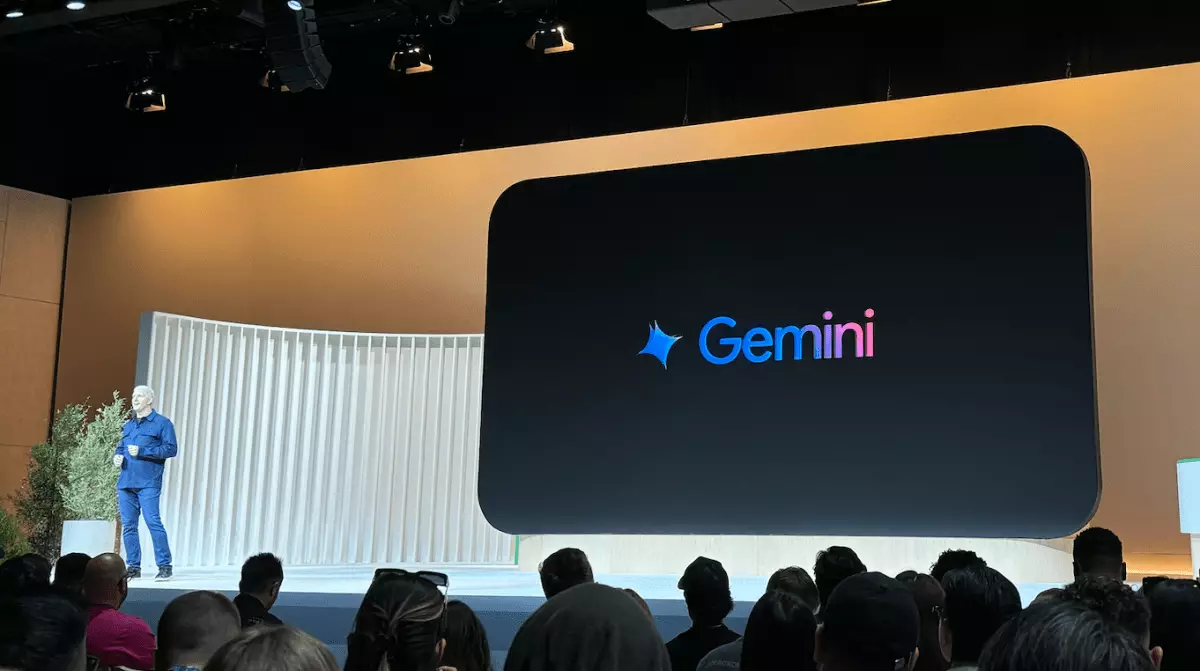In a significant development, Google announced on Friday the expansion of its Gemini research assistant to support an additional 40 languages. This feature, launched earlier this month, empowers users of the Google One AI premium plan with powerful research capabilities. By combining advanced artificial intelligence with research methodologies, Gemini aims to streamline the research process, transforming complex tasks into manageable workflows.
The Functionality of In-Depth Research Mode
Gemini’s in-depth research mode operates through a systematic multi-step process. Initially, users can create a detailed research plan tailored to their specific needs. Following this, the AI tool identifies and retrieves relevant information, continually re-evaluating and synthesizing that data to inform subsequent searches. Over repeated iterations, Gemini consolidates information, culminating in a comprehensive report that users can leverage for their respective purposes. This capability is particularly advantageous for researchers and professionals requiring extensive data analysis across diverse topics.
The scope of Gemini’s capabilities now encompasses a broad range of languages, including widely spoken tongues such as Arabic, Chinese, and Spanish, as well as less common languages like Urdu and Swahili. However, challenges remain as the AI must navigate the complexities of providing accurate information in various languages. One of the critical hurdles Google faces is sourcing reliable information that is grammatically and contextually correct in each target language. HyunJeong Choe, the director of engineering for the Gemini app, emphasized the importance of using trustworthy sources to train the model while acknowledging that discrepancies sometimes arise, particularly in languages like Hindi.
A significant concern within the realm of AI-generated content is the accuracy of the information produced. Choe highlighted that although Gemini benefits from a wealth of pre-trained data, ensuring that the AI utilizes this information effectively is an ongoing challenge. Google employs fact-checks and evaluations in the relevant languages before releasing the model, reaffirming its commitment to delivering factual and reliable content. Yet, the issue of “factuality” in generative AI remains a noteworthy barrier, one that the tech giant is actively working to overcome.
Commitment to Quality Through Local Insights
To address potential biases and inaccuracies, Google is implementing rigorous quality checks, drawing on feedback from native speakers. Jules Walter, the product lead for international markets at Gemini, noted that the company conducts testing programs to ensure that responses are evaluated through local perspectives. By generating comprehensive datasets and engaging local teams in the review process, Google aims to finesse its AI training protocols, ensuring that the output resonates with diverse communities.
As Google continues to enhance Gemini’s capabilities, the integration of user feedback and a commitment to linguistic accuracy will be pivotal. The expansion of the in-depth research mode across various languages not only opens new avenues for global users but also sets a precedent for AI-driven research assistants. The challenge faced by Google in maintaining high standards of data quality highlights the broader complexity of generative AI, paving the way for future advancements in this burgeoning field.

